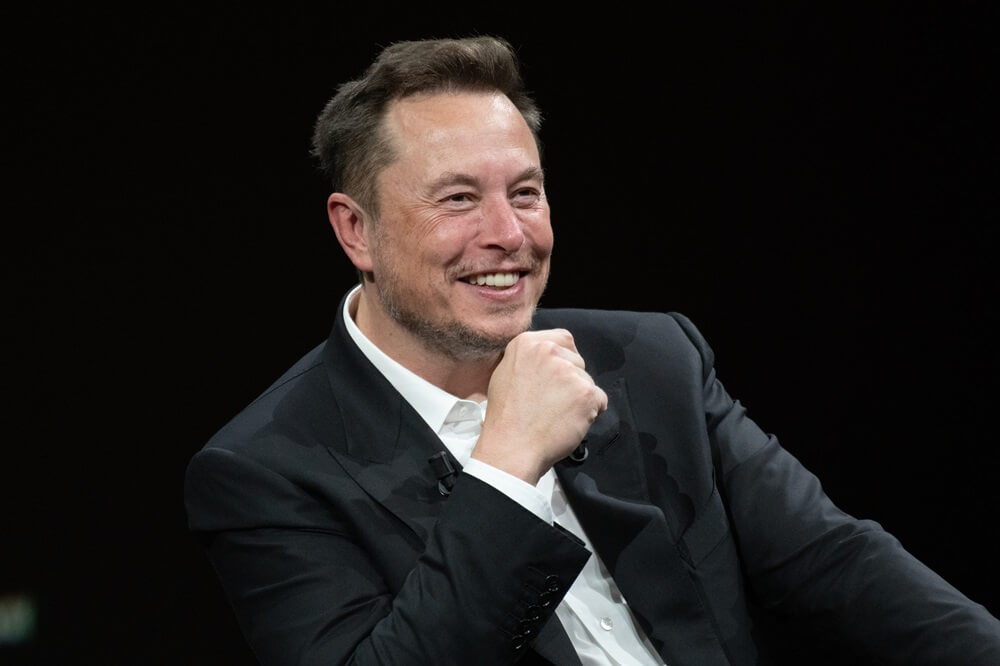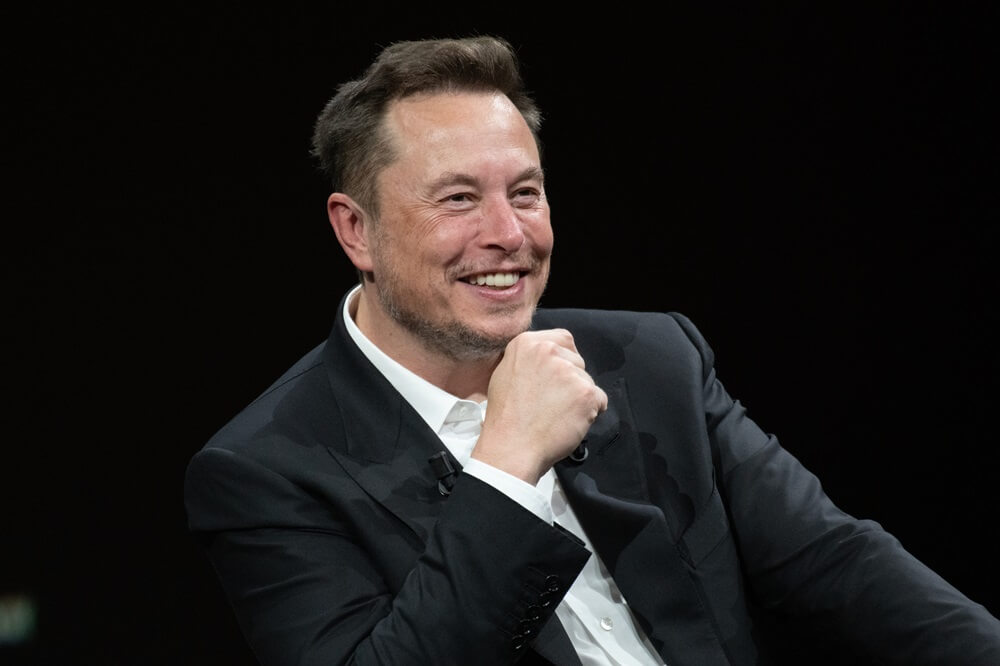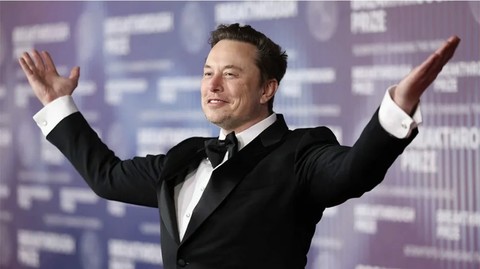Introduction
Richest Man in the World where headlines often scream about change, competition, and disruption, one title still carries immense weight: “the richest person in the world.” It’s more than just a bragging right. That person’s wealth reflects trends — in technology, markets, geopolitics, culture. And it reminds us that financial success is often built on risk, vision, timing, and sometimes, sheer luck.
As of 2025, the richest person globally is Elon Musk, with an estimated net worth of around $415.6 billion. The Indian Express This article dives into who he is, what contributes to that staggering wealth, how the rankings shift, and what implications this all has — not just for billionaires, but for everyone.
Who is Richest Man in the World?
Elon Musk is a name almost everyone has heard by now. He’s an entrepreneur, inventor, engineer, and hard to categorize simply. His portfolio includes:
- Tesla — electric vehicles, solar energy, batteries
- SpaceX — rockets, satellites, visions of colonizing Mars
- X (formerly Twitter) — social media, free speech debates
- xAI — artificial intelligence ambitions, a nascent but increasingly relevant part of his empire The Indian Express+3Forbes+3Statista+3
His wealth comes from his substantial ownership stakes in these companies, especially Tesla and SpaceX, whose valuations have soared in recent years. SpaceX, for instance, has become particularly valuable, contributing heavily to Musk’s net worth rise. Forbes+2Forbes+2
Richest Man in the World Wealth Numbers & Ranking: How Big Is “Richest”?
Here are some key facts to put that fortune in perspective:
- Elon Musk’s net worth as of early September 2025 is $415.6 billion. The Indian Express
- The gap between him and the second‐richest is large. Larry Ellison, co-founder of Oracle, ranks second with about $270.9 billion. The Indian Express
- Third place is Mark Zuckerberg (Meta) with ~$253.0 billion. The Indian Express
These figures fluctuate a lot — daily, even hourly — because they depend heavily on stock market valuations, company performance, macroeconomic factors, and investor sentiment. So “richest” is a dynamic title.
What Drives Such Massive Wealth of Richest Man in the World
Being the richest isn’t just about owning shares or making profits. Several key factors combine to create these huge fortunes:
- Equity in High-Growth Companies
If you own a large stake in a company that’s growing fast in value (for example, Tesla or SpaceX), your net worth can shoot up even if you’re not taking big salary checks. Musk’s stake in SpaceX has been particularly valuable. Forbes+1 - Technology & Innovation
Many top wealth holders are deeply tied to technology — clean energy, AI, social media, e-commerce. These are sectors with exponential growth potential when innovation meets market demand. Musk’s involvement in EVs, renewable energy, rockets, etc., is a textbook example. - Market Rally & Investor Sentiment
Even good ideas need favorable macroeconomic conditions: low interest rates, strong venture capital, bullish stock markets. When markets are hot, valuations surge. But in downturns, these valuations can drop sharply. - Diversification & Multiple Ventures
Musk doesn’t rely on one company. He’s involved in multiple industries: automotive, space, AI, social media. That helps mitigate some risk and can amplify growth opportunities. Others, like Larry Ellison (Oracle) or Jeff Bezos (Amazon, Blue Origin, etc.), also diversify. - Timing, Risk-Taking, and Vision
Launching or investing in “future industries” before mainstream demand, taking risks others shy away from, and having a vision for where things are headed (e.g. renewables, space, AI) are often what separates billionaires from millionaires.
Other Names You Should Know
While Elon Musk holds the title right now, the top 10 richest people list includes several individuals whose stories and businesses are also important:
| Rank | Name | Net Worth (Approx) | Key Companies / Sectors |
| 1 | Elon Musk | ~$415.6 B | Tesla, SpaceX, xAI, X The Indian Express |
| 2 | Larry Ellison | ~$270.9 B | Oracle The Indian Express |
| 3 | Mark Zuckerberg | ~$253.0 B | Meta Platforms (Facebook, Instagram etc.) The Indian Express |
| 4 | Jeff Bezos | ~$240.9 B | Amazon, Blue Origin etc. The Indian Express |
| 5 | Larry Page | ~$178.3 B | Google / Alphabet The Indian Express |
| 6 | Sergey Brin | ~$165.9 B | Google / Alphabet The Indian Express |
| 7 | Bernard Arnault & family | ~$154.3 B | LVMH (Luxury Goods) The Indian Express |
| 8 | Steve Ballmer | ~$153.1 B | Microsoft, Investments etc. The Indian Express |
| 9 | Jensen Huang | ~$151.4 B | NVIDIA, semiconductors etc. The Indian Express |
| 10 | Warren Buffett | ~$150.4 B | Berkshire Hathaway etc. The Indian Express |
These names appear repeatedly in the upper echelons of wealth rankings. Each has built massive enterprises, sometimes spanning decades, or has stakes in companies with vast market reach.
Recent Shifts: Who’s Gaining, Who’s Falling
Wealth isn’t static. Here are some trends and changes worth noting:
- Rapid gains for Elon Musk, especially via SpaceX’s rising valuation and Tesla’s performance. Forbes+2Forbes+2
- Technology & AI sector has become more central to wealth accumulation. Those investing in AI infrastructure, cloud computing, semiconductors, etc., are doing well. The Verge+1
- Volatility: Stock market fluctuations, regulatory pressures, geopolitical tensions affect net worths. Even slight shifts in share prices or policy can move someone up or down in the rankings.
- Luxury & consumer trends: For someone like Bernard Arnault, whose wealth comes largely from luxury brands (LVMH), shifts in consumer behavior, global tourism, currency strength, supply chain issues etc. matter a lot.
Why It Matters: More Than Just Numbers
You might wonder: why should we care about who is richest? What’s the relevance beyond curiosity?
- Indicator of trends: The richest people often reflect where innovation and investment are going. Electric vehicles, AI, space exploration, social media — these are frontier sectors today.
- Economic inequality and social impact: When one person holds hundreds of billions, but many struggle with basic needs, it raises questions of wealth distribution, taxation, and social responsibility.
- Influence & policy: Wealth gives influence — not just economic, but political and cultural. The richest people often have access to policy makers, media power, philanthropic platforms. Their choices can shape public discourse.
- Inspiration and caution: There’s a balance. On one hand, stories of building something from scratch (or scaling something huge) are inspiring. On the other, there’s risk: rapid gain, public scrutiny, ethical concerns, and sometimes failures.
Criticisms & Limits of Wealth Rankings

While these rankings are popular, they have caveats:
- Valuation Methods
Many of the assets are not liquid. Company valuations are based on investors’ expectations. If those change (e.g., a tech bubble bursts), net worth estimates can decline dramatically. - Hidden Assets / Private Holdings
Not all wealth is visible. Some assets are private, some are under trusts. Rankings rely on what’s publicly known or estimated. - Currency fluctuations
Forbes, Bloomberg etc., convert net worths into USD. If USD strengthens or weakens against other currencies, wealth in USD terms changes even without any real economic gain or loss. - Wealth vs. Influence / Happiness / Societal Good
Having money doesn’t always mean having positive impact. Public perception, ethical behavior, environmental or social responsibility, etc., also matter (though harder to quantify).
Lessons From the Richest: What We Can Learn
Even if you’re not aiming to join the billionaire club, there are lessons to take from those who have made it huge:
- Think long-term: Many of these fortunes weren’t built overnight. Growth, compounding, vision over decades.
- Innovation matters: Those who succeed big often disrupt existing industries or create new ones (EVs, reusable rockets, cloud computing etc.).
- Don’t put all eggs in one basket: Diversification — both in business ventures and in investments — helps manage risk.
- Adaptability & willingness to evolve: Industries change fast. The richest people often respond, pivot, or lead in change rather than resisting it.
- Leverage and ownership: Ownership of assets, especially high-growth ones, is more powerful than salary. If you can own a percentage of something and that something scales massively, your wealth multiplies.
- Impact & responsibility: With huge wealth comes potential influence. Many of the top billionaires are now also judged by ethics, environmental impact, philanthropy, and social contribution.
Future Watch: What to Look For
If you’re curious where things might be headed, here are some indicators to watch:
- AI & Machine Learning Infrastructure: Companies building AI platforms, chips, cloud services.
- Space & Satellite Technologies: Not just exotic projects, but services, connectivity, earth observation etc.
- Clean Energy & Sustainability: As climate urgency increases, companies involved in energy transition, renewables, green infrastructure may see big valuations.
- Regulatory & Geopolitical Environment: Laws about tech, privacy, monopolies, trade wars, tax policies will affect wealth.
- Wealth Redistribution & Policy Pressure: As wealth inequality becomes more visible, there may be more political pressure for taxation, transparency, or regulation, affecting how wealth can be accumulated, held, or transferred.
- From the Editor
- Elon Musk cofounded seven companies, including electric car maker Tesla, rocket producer SpaceX and artificial intelligence startup xAI.
- He owns about 12% of Tesla, which he first backed in 2004, and which he’s led as CEO since 2008.
- In 2024, a Delaware judge voided Musk’s 2018 deal to receive options equaling an additional 9% of Tesla. Forbes has discounted the options by 50% pending Musk’s appeal.
- SpaceX, founded in 2002, is worth $400 billion based on a private tender offer in August 2025. Musk owns an estimated 42% stake.
- Musk bought Twitter in a $44 billion (enterprise value) deal in 2022. He merged it with xAI in March in a deal valuing the combined company at $113 billion including debt.
- Musk also founded tunneling startup The Boring Company and brain implant outfit Neuralink. The two startups have raised around $2 billion from private investors combined.
Conclusion
In 2025, Elon Musk remains the richest person in the world, with a net worth over $415 billion, driven by his stakes in Tesla, SpaceX, and growing influence in AI and tech. But the top ranks are fluid. Larry Ellison, Mark Zuckerberg, Jeff Bezos etc. are all vying for position, and market shifts can quickly change things.
What really matters isn’t just who wins this financial race, but what their innovations bring to the world — how they use their influence, how society balances wealth and fairness, and how the future is shaped by those striving at the edge of possibility.





